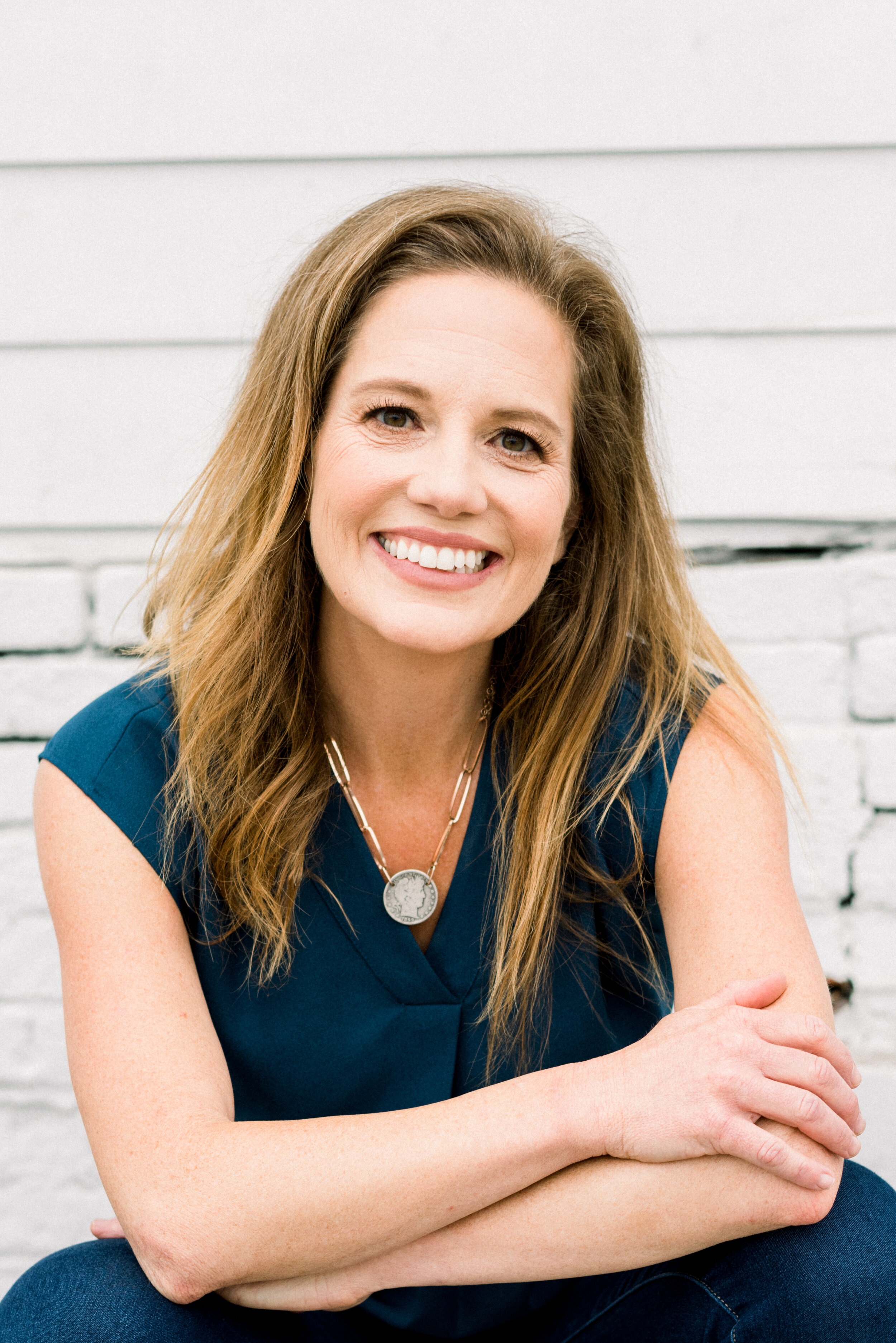That I am writing this has me verging on tears. “How to talk to kids about school shootings” are words that should never need to be said. And yet here we are..
This question came up often this week.
The first question is: should I talk to them?
If you’ve worked with me you know that I hate the word “should.” There is no should. But here are some pieces to consider in answering the question of whether or not it’s what you feel is best for your children:
Is it developmentally appropriate? This also feels like a trick question because it’s never really truly developmentally appropriate to have to discuss this. Sadly, it is part of our reality even though it should not be. This question is really about whether or not your children are able to understand this conceptually.
Is my child going to hear about this from someone else if they do not hear about it from me? If your child is in elementary school, this is an important consideration. You can not keep other kids from talking about what happened and the way they talk about it might not be the way you want your child to hear about it.
Am I ready to have this conversation? Can I offer my child what they need? Another trick question. Nobody is truly ready to have this conversation, nor should we be. The question is really about whether you are able to regulate your own emotion around it enough to help your children feel calm and safe when having this conversation. They need to feel safe and if you aren’t able to calmly have this conversation, you may need to wait and regulate yourself before you can talk to your children.
The next question is ‘what do I say.’ And this depends on your child’s age. You need to meet them where they are and understand where they are so if you are not sure, ask questions. “Have you heard anything about what happened?” is a good place to start.
I will tell you what I chose to share but I am not telling you that this is what you “should” share. It’s more just a place to consider as you conceptualize how you want to frame this talk. I have a 15yo daughter and twins (boy/girl) who are 9yo. My teenager had already been posting to Instagram about this and mentioned it briefly in the car. She was afraid that I would scare my twins and so I was mindful of this.
I told them that something terrible happened in Texas at a school and that people died including children and it should never have happened and it’s horrific that it did. I also told them that most children on most days at most schools never experience anything like this. I assured them that they, like most school children, are safe and being cared for and that this tragedy is not something that happens often or that they should expect to happen at their school. I also made sure they understood that their schools are a safe place and protect them.
My oldest daughter became angry and reminded me that it has happened 27 times this year. And by the way, if it happens once, it’s unacceptable and too many times. She is correct. But if we’re talking about safety and you add up all of the days that kids go to school and multiply that by how many children are in school, statistically speaking, most of the time, our kids are safe and we need to make them feel safe. Again, this is not dismissing the undeniable truth that if one child is not safe in their school, none of our children are truly safe in their schools. I believe this and I feel this but it is not the message that children need right now. They need to know that they are safe and being cared for. And this is also true.
I then told them that if they had any questions about what happened or about something that they hear about what happened, that they can ask me anything at all and I will be there to answer their questions.
It is important to be mindful of news coverage and what you expose your children to. The news can be salacious and scary so be cautious and turn the TV off when your children are present and there is news coverage.
There are a lot of articles circulating from mental health experts who believe they know what you “should” say and how parents “should” handle this.
Ultimately, you know your kids better than any “mental health expert” including me. You have to choose what’s right for you and your child. However, I think it’s important to remind them that they are safe even though what happened is horrific and unacceptable. Answer their questions in an age-appropriate calm way. Try not to project your very real and understandable adult fears and outrage on them. They are children. Let them be children. It is absolutely okay to let them know that you have feelings about it as long as you are able to communicate this in a way that is calm and doesn’t spark their terror.
You’re a good parent.
This is a hard conversation.
We shouldn’t be having to have it and yet how lucky are we that we get to talk to our children about this when there are parents in Texas who don’t have that luxury.
I can not express my grief for those families in a way that feels remotely adequate. I can not even imagine how devastating it must be to send your child to school and have them not come back.
I too feel outrage and anger that this keeps happening.

